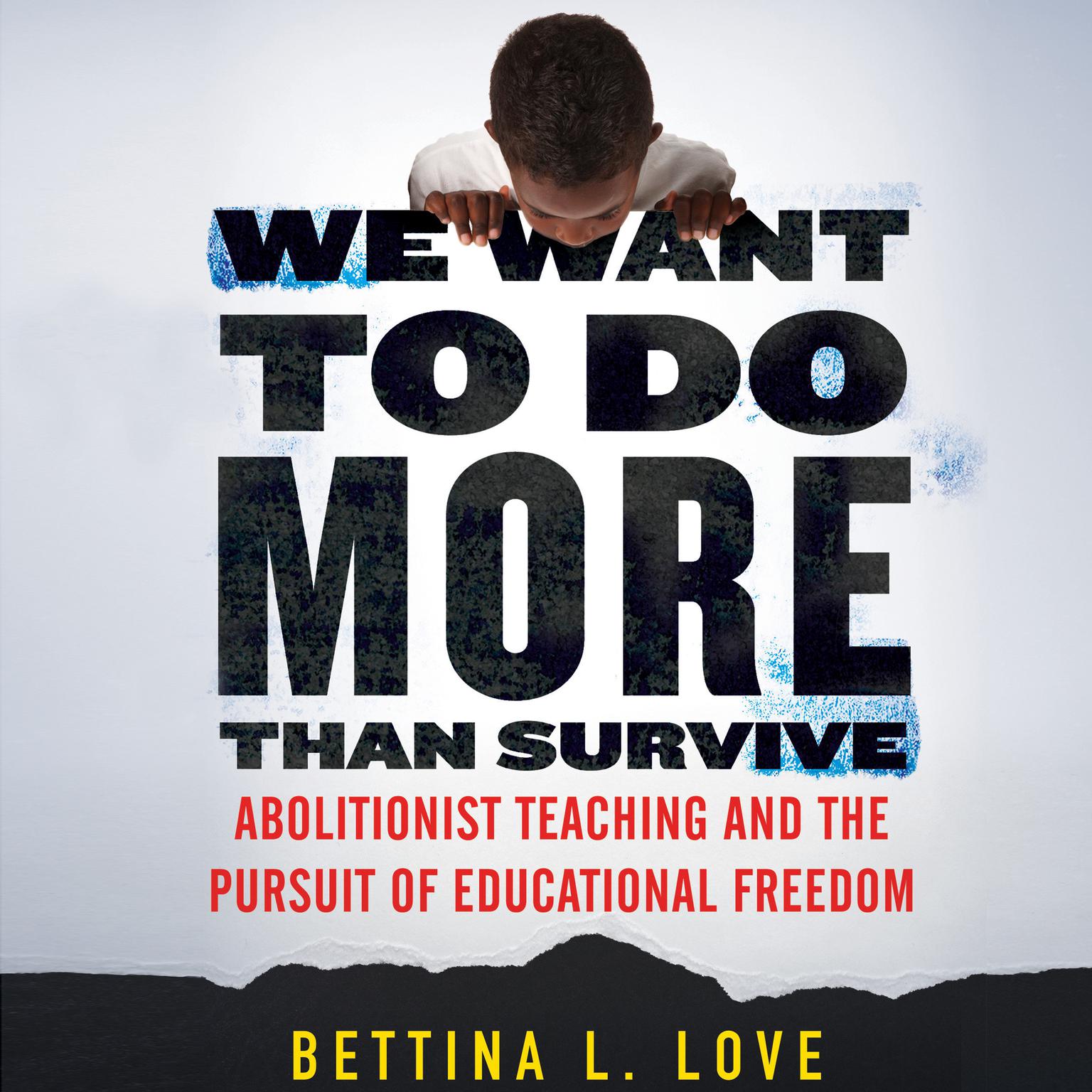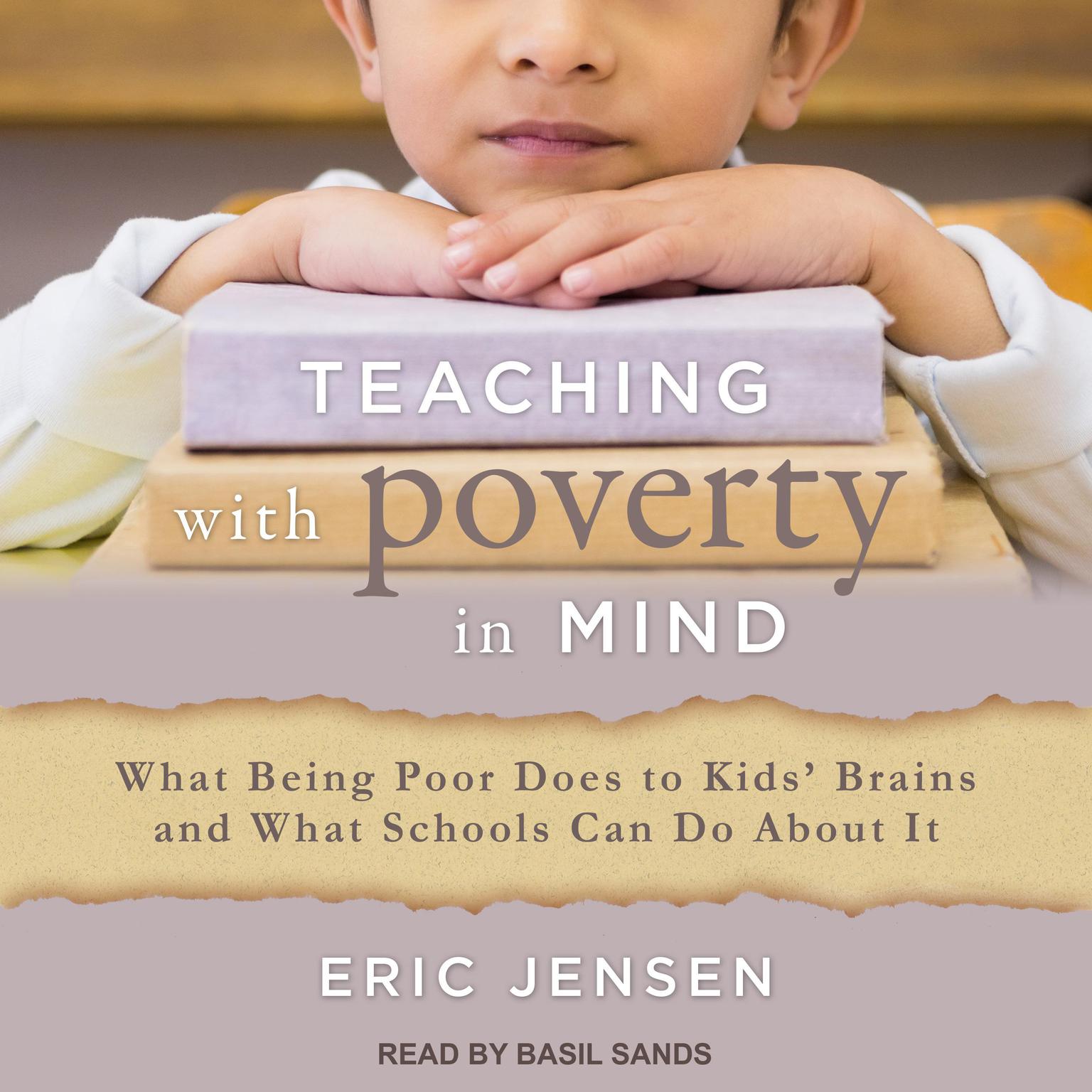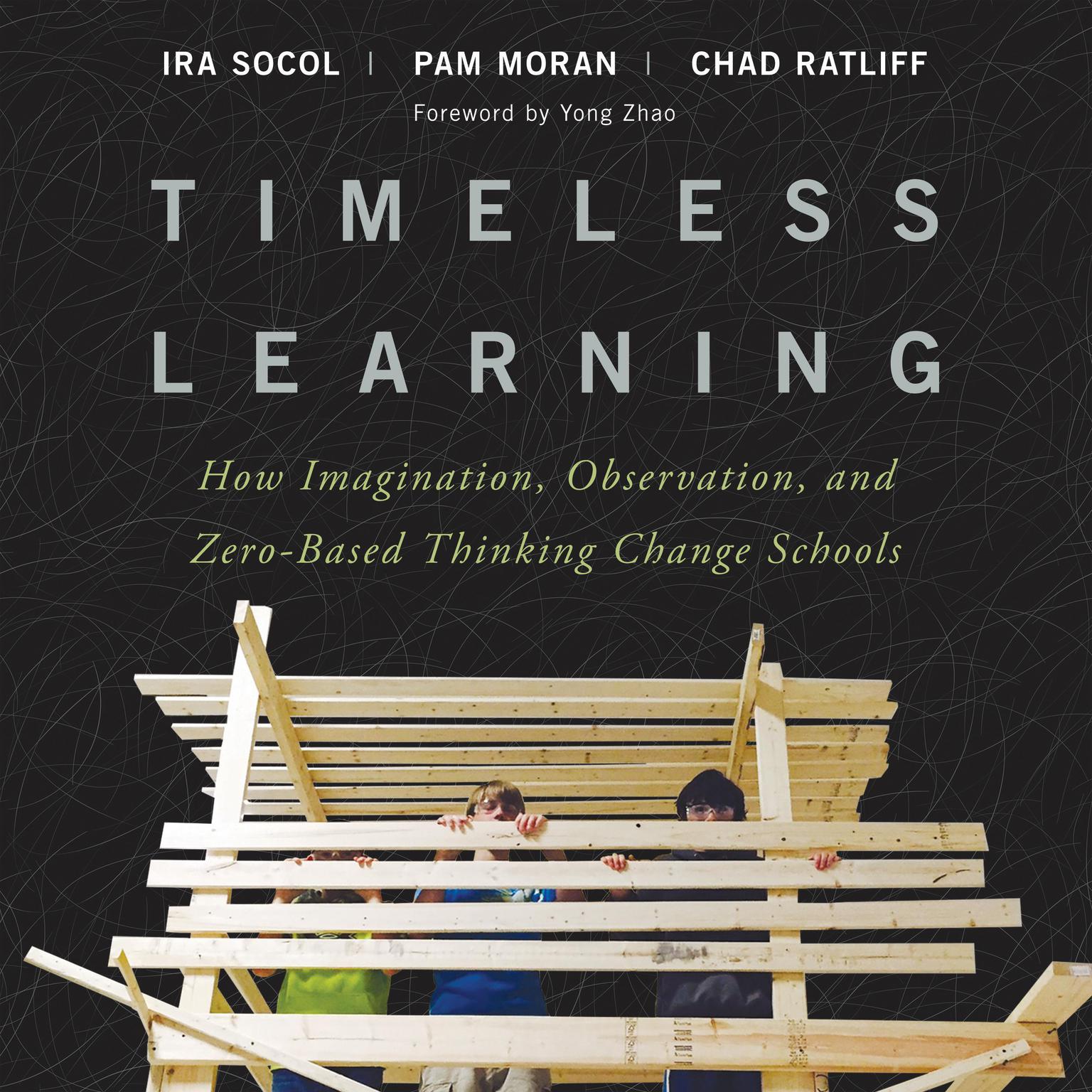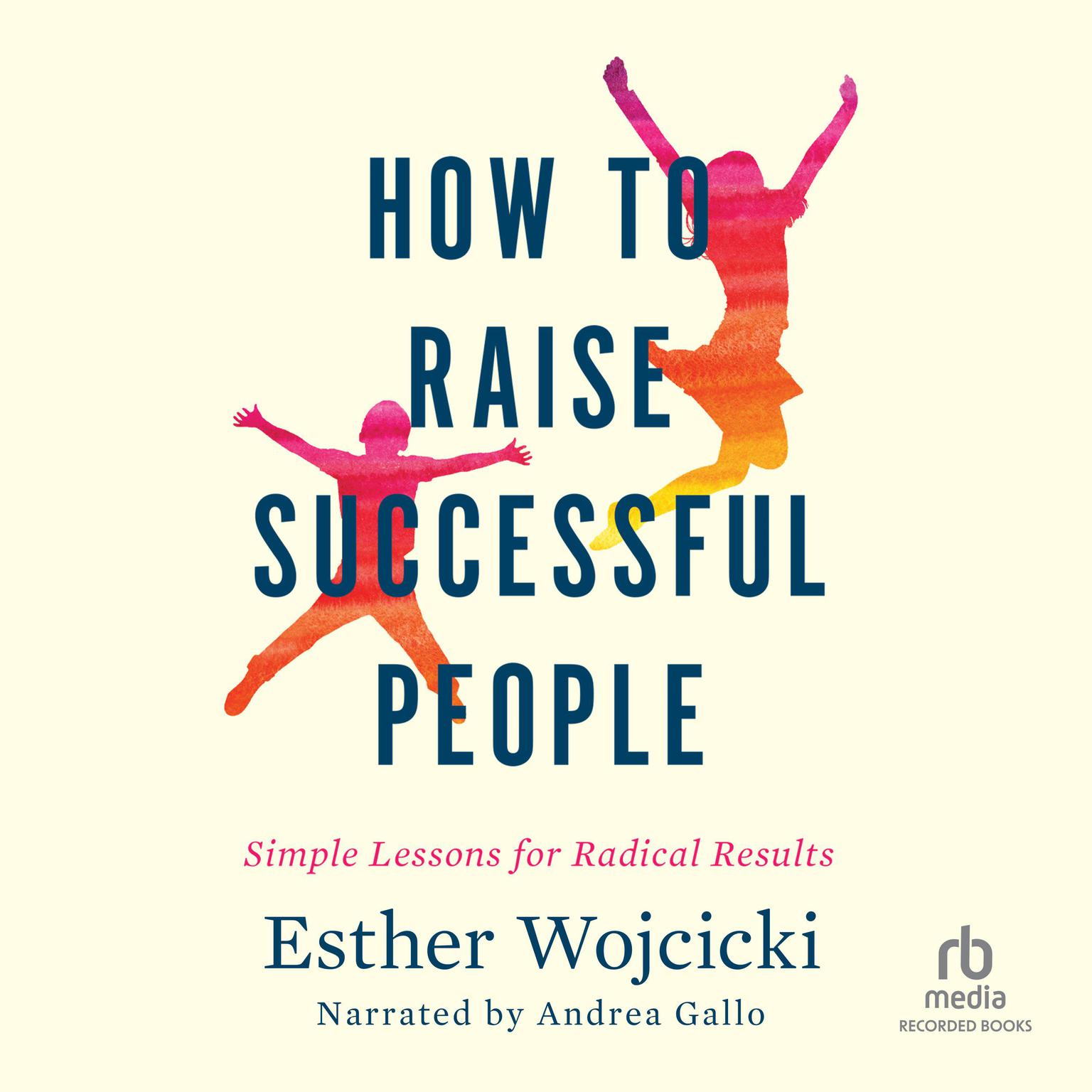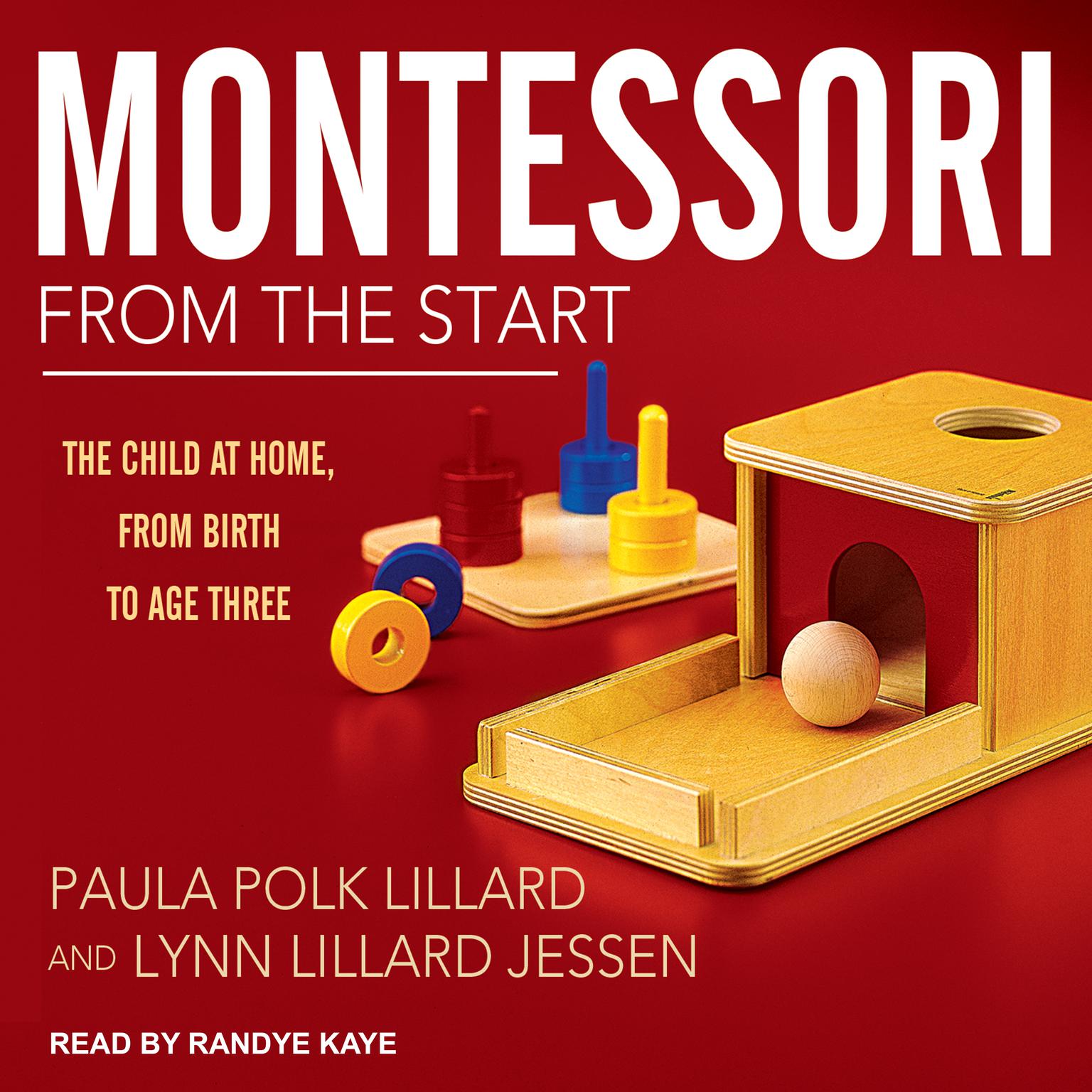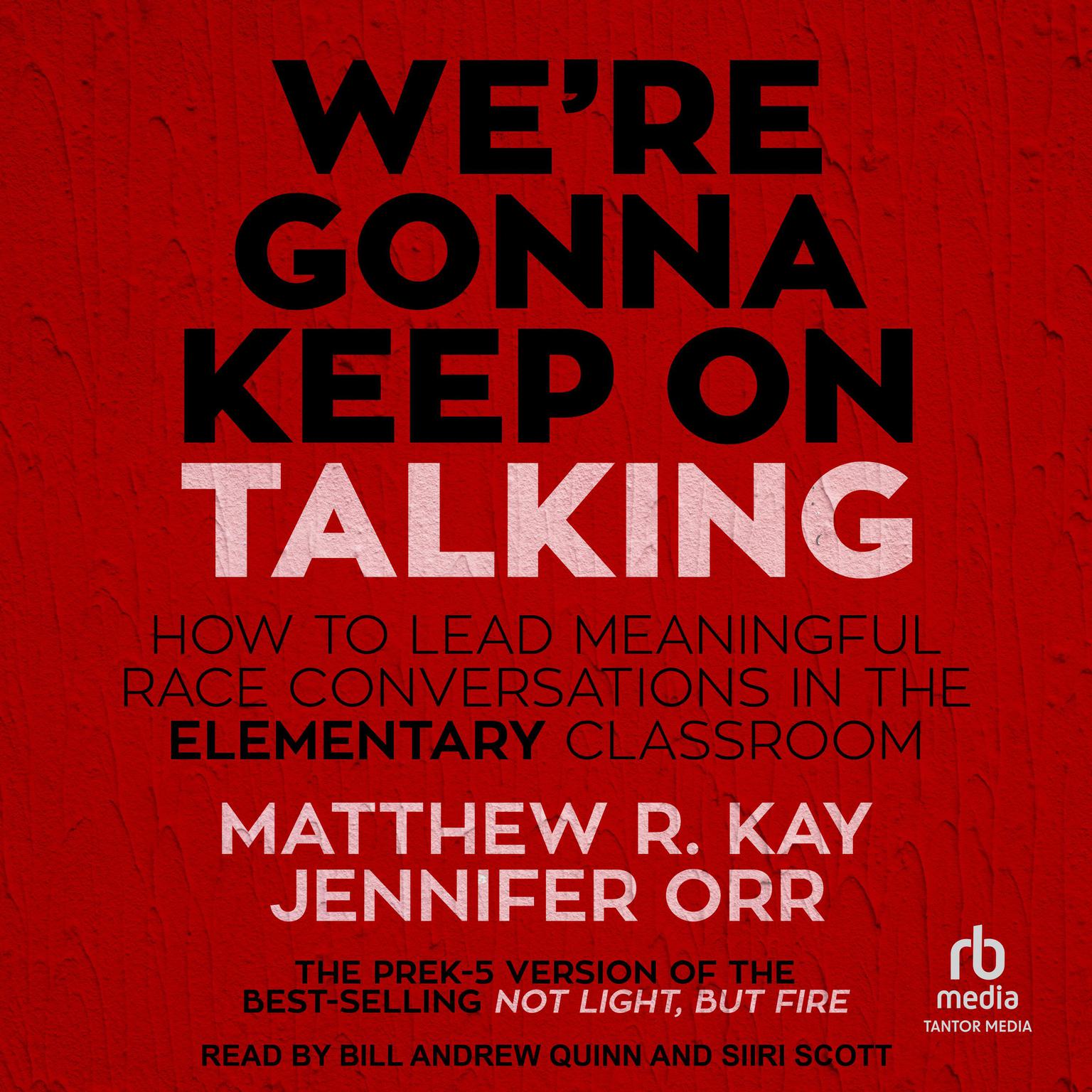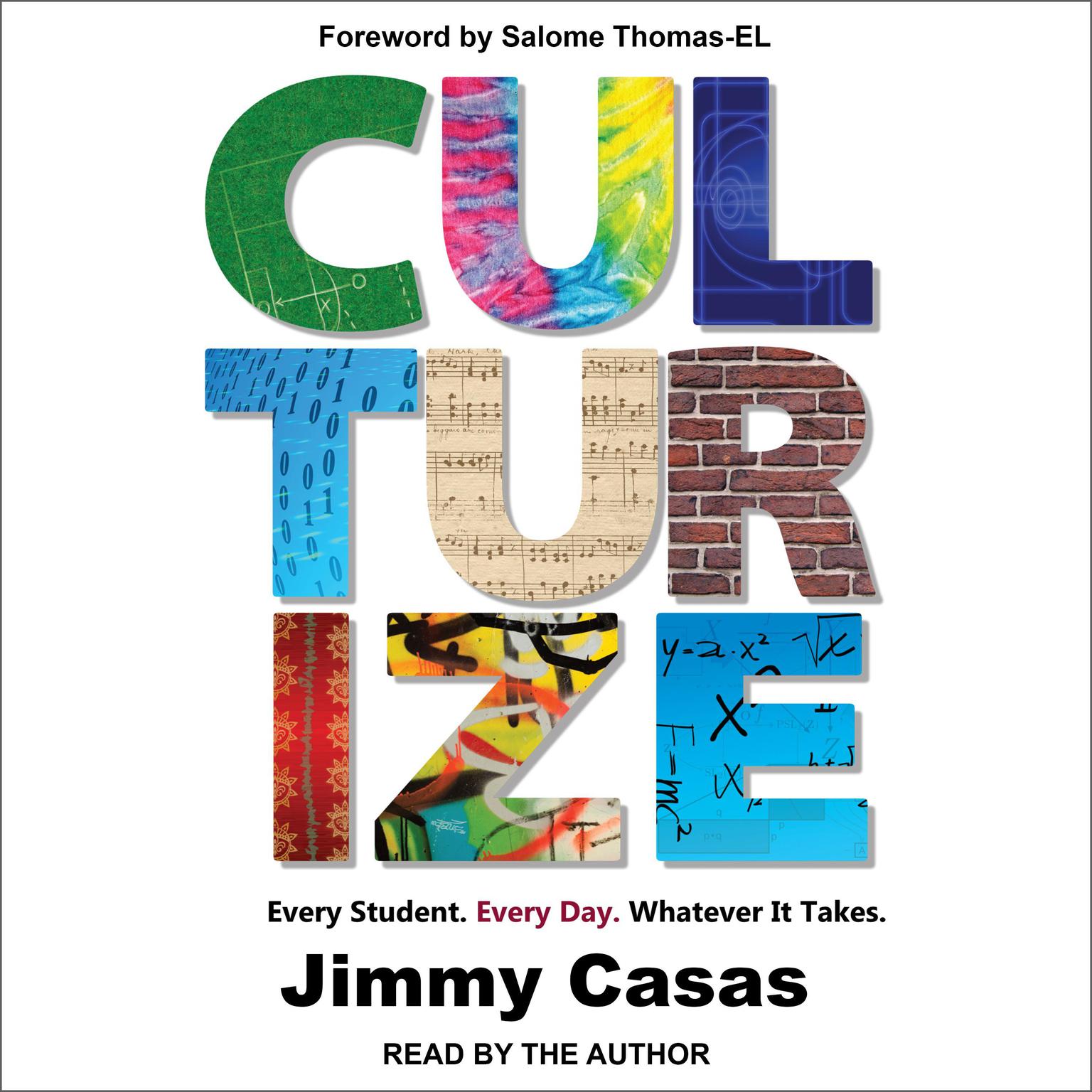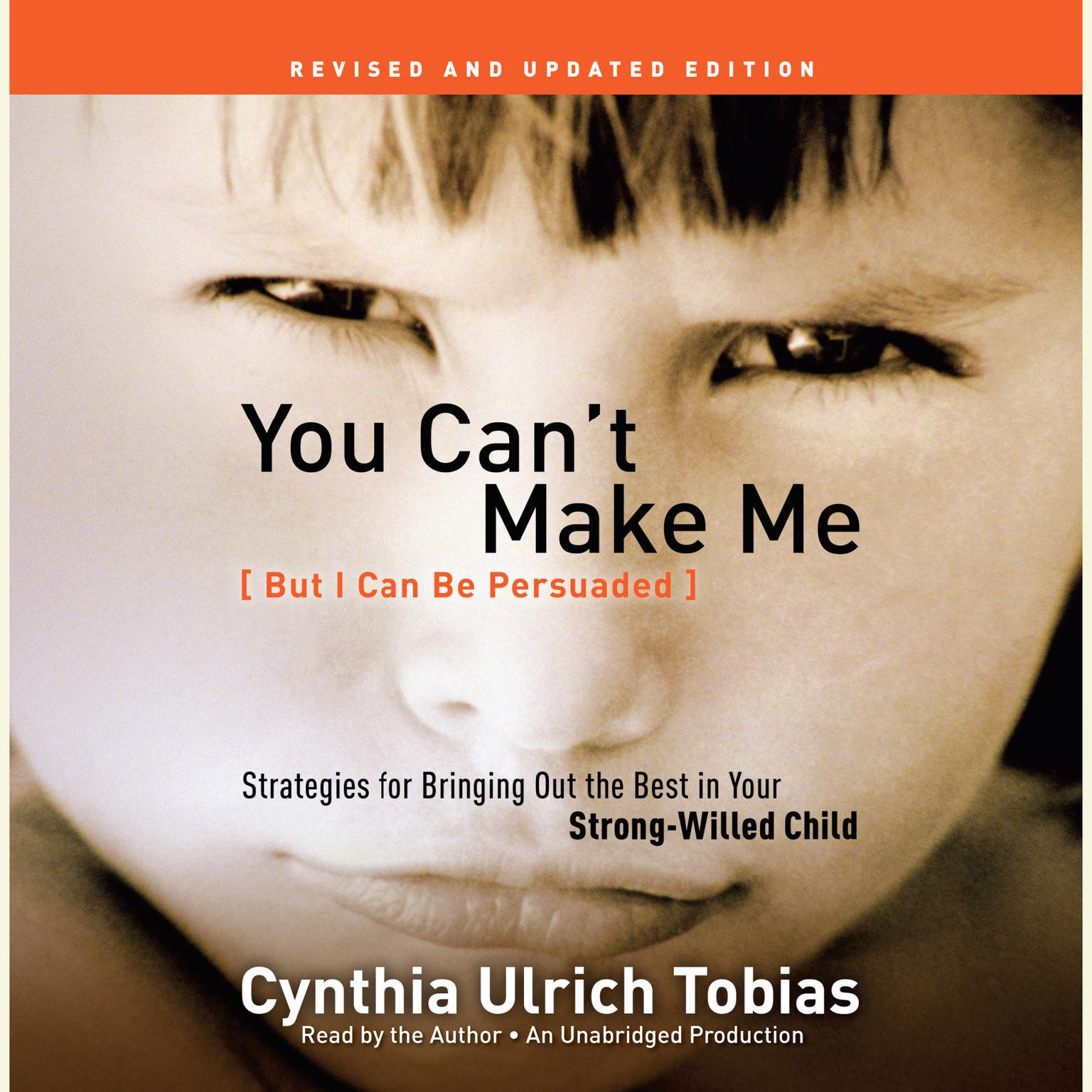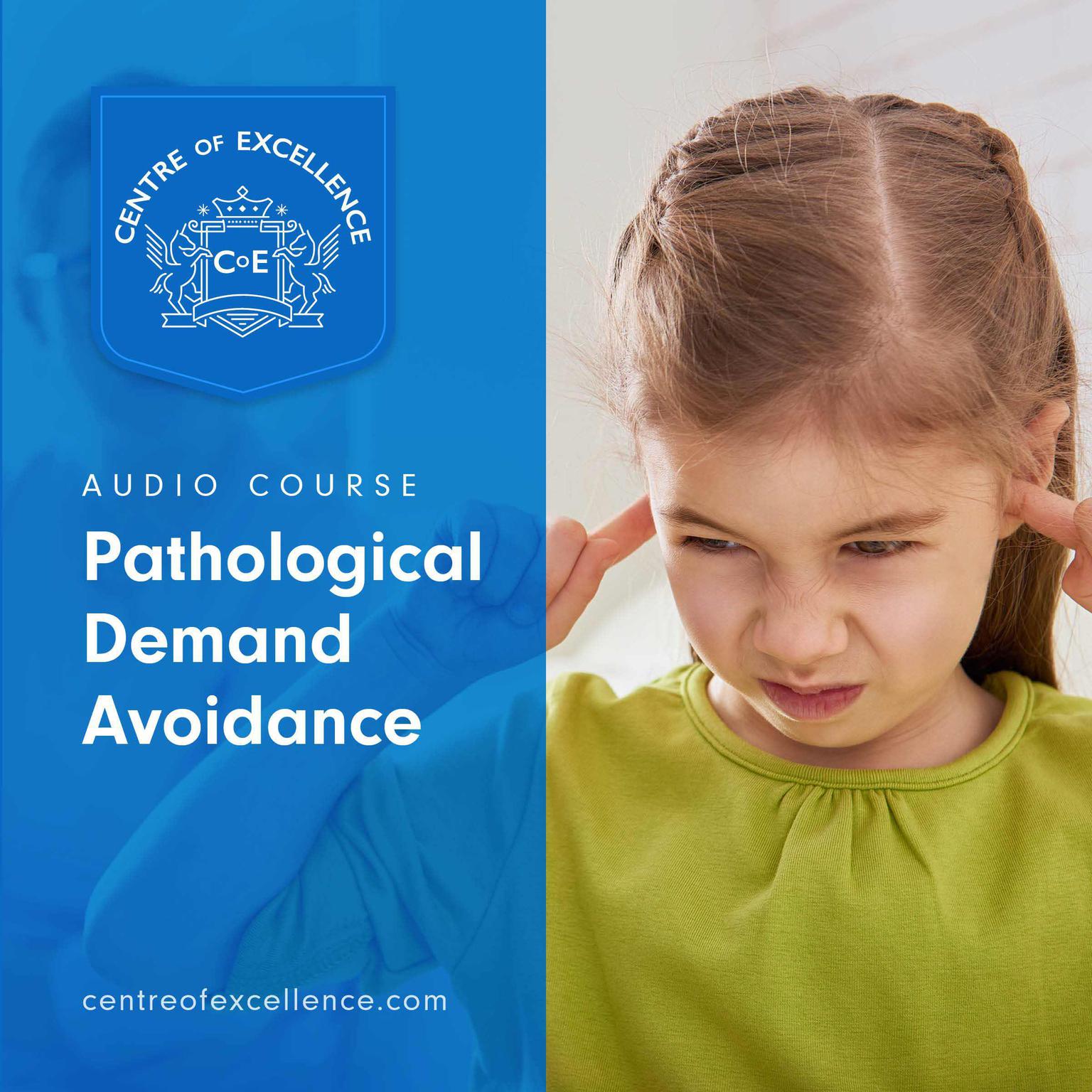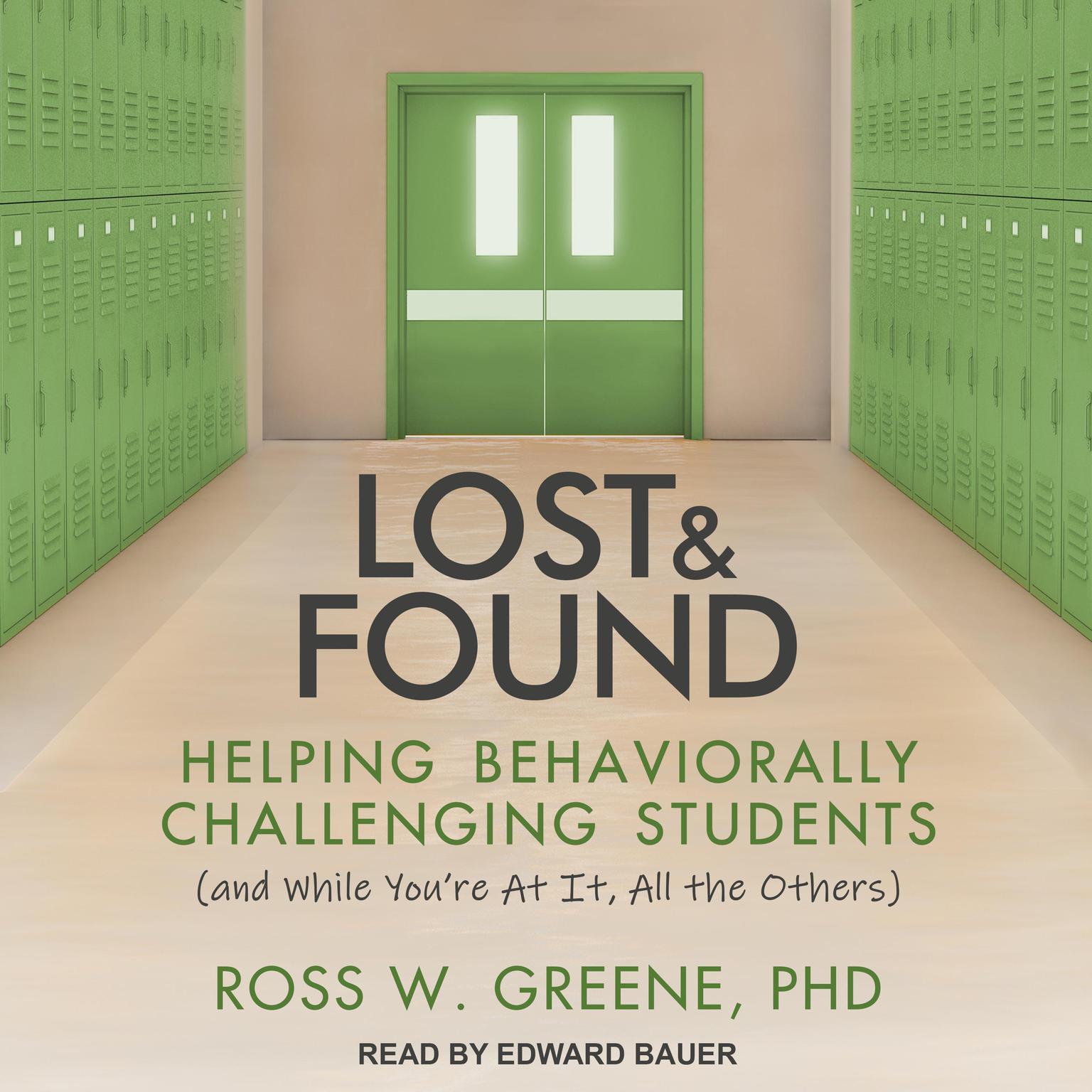Publisher Description
Drawing on personal stories, research, and historical events, an esteemed educator offers a vision of educational justice inspired by the rebellious spirit and methods of abolitionists. Drawing on her life’s work of teaching and researching in urban schools, Bettina Love persuasively argues that educators must teach students about racial violence, oppression, and how to make sustainable change in their communities through radical civic initiatives and movements. She argues that the US educational system is maintained by and profits from the suffering of children of color. Instead of trying to repair a flawed system, educational reformers offer survival tactics in the forms of test-taking skills, acronyms, grit labs, and character education, which Love calls the educational survival complex. To dismantle the educational survival complex and to achieve educational freedom—not merely reform—teachers, parents, and community leaders must approach education with the imagination, determination, boldness, and urgency of an abolitionist. Following in the tradition of activists like Ella Baker, Bayard Rustin, and Fannie Lou Hamer, We Want to Do More Than Survive introduces an alternative to traditional modes of educational reform and expands our ideas of civic engagement and intersectional justice.
Download and start listening now!
We Want To Do More Than Survive is endarkened feminist wisdom in dark times. In the tradition of a skilled kente weaver, Dr. Love brings together abolitionist traditions of educational freedom work with contemporary struggles for Black humanity and creates a stunning tribute to the absolute necessity of joy and love in resistance struggles. What sets this book apart is Love’s critical understanding that the splendor of kente is seen not in the weaver’s individual efforts or strips of cloth, but instead when those pieces are woven together to illuminate our larger narrative as people of color in community. That narrative of Black freedom dreaming is this book you hold in your hands. And it is a must-read for those who love dark people, who love education, and who love the possibilities of educational freedom as intersectional justice right now.
—
Cynthia B. Dillard (Nana Mansa II of Mpeasem, Ghana), Mary Frances Early Endowed Professor of Teacher Education, University of Georgia, and author of On Spiritual Strivings: Transforming an African American Woman’s Academic Life
